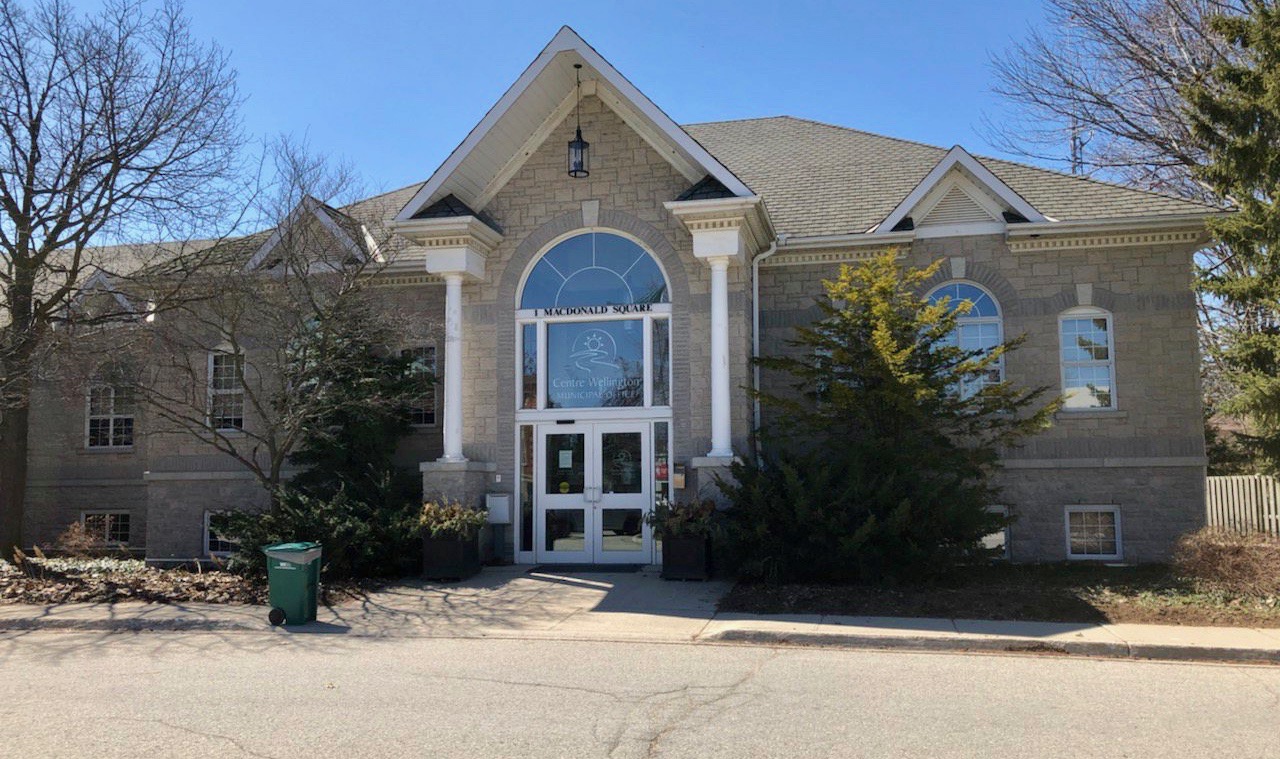CENTRE WELLINGTON – Township staff liked a new product for paving roads so much after a trial last year, they recommended large scale application of the product this year.
Manager of engineering Adam Gilmore explained to council on Feb. 26 that in 2023 the township collaborated with BioDiffusion Technologies Inc. of Cambridge to trial an innovative road base treatment method purported to extend the life of asphalt-paved roads.
The trial was done on a 300 metre stretch of 8th Line West, just east of the Sideroad 11 intersection in former Pilkington Township.
Some of the road was paved normally and some was treated with the bioresin.
Staff concluded that while the product was more expensive up front, the treated road segment was 20 per cent stronger than the untreated portion, adding about five years to the life of the pavement.
And that translates to an estimated $25,000 cost benefit per two-lane-kilometre of roadway, Gilmore wrote in his report.
Gilmore was seeking permission to extend the trial on 8th Line from Sideroad 11 to Wellington Road 17 at an upset cost of $191,868 and continue to monitor its effectiveness.
According to his report, the expected benefits for the township include:
- increased structural capacity for the roadway with minimum use of new materials, resulting in cost savings compared to the alternative (complete excavation and replacement of the road base);
- environmental and sustainability benefits by recycling existing asphalt and using an all-natural bio-based stabilization binder;
- reduced green house gas emissions associated with the project by eliminating the need to haul and replace the existing road base aggregate materials;
- ability to locally monitor the performance of the technique and compare life-cycle benefits to conventional township pavement maintenance and rehabilitation treatments; and
- with more widespread use, the potential to treat more roadways in poor condition thereby improving the overall condition of the roadway network at a lower cost.
The product is made from a plant-based material that can be added to recycled asphalt.
It cures in about an hour and gets harder over time. It also repels water and will prevent potholes.
Centre Wellington is the first municipality to use the product.
“I love the innovation,” said councillor Jennifer Adams as council approved the project.




